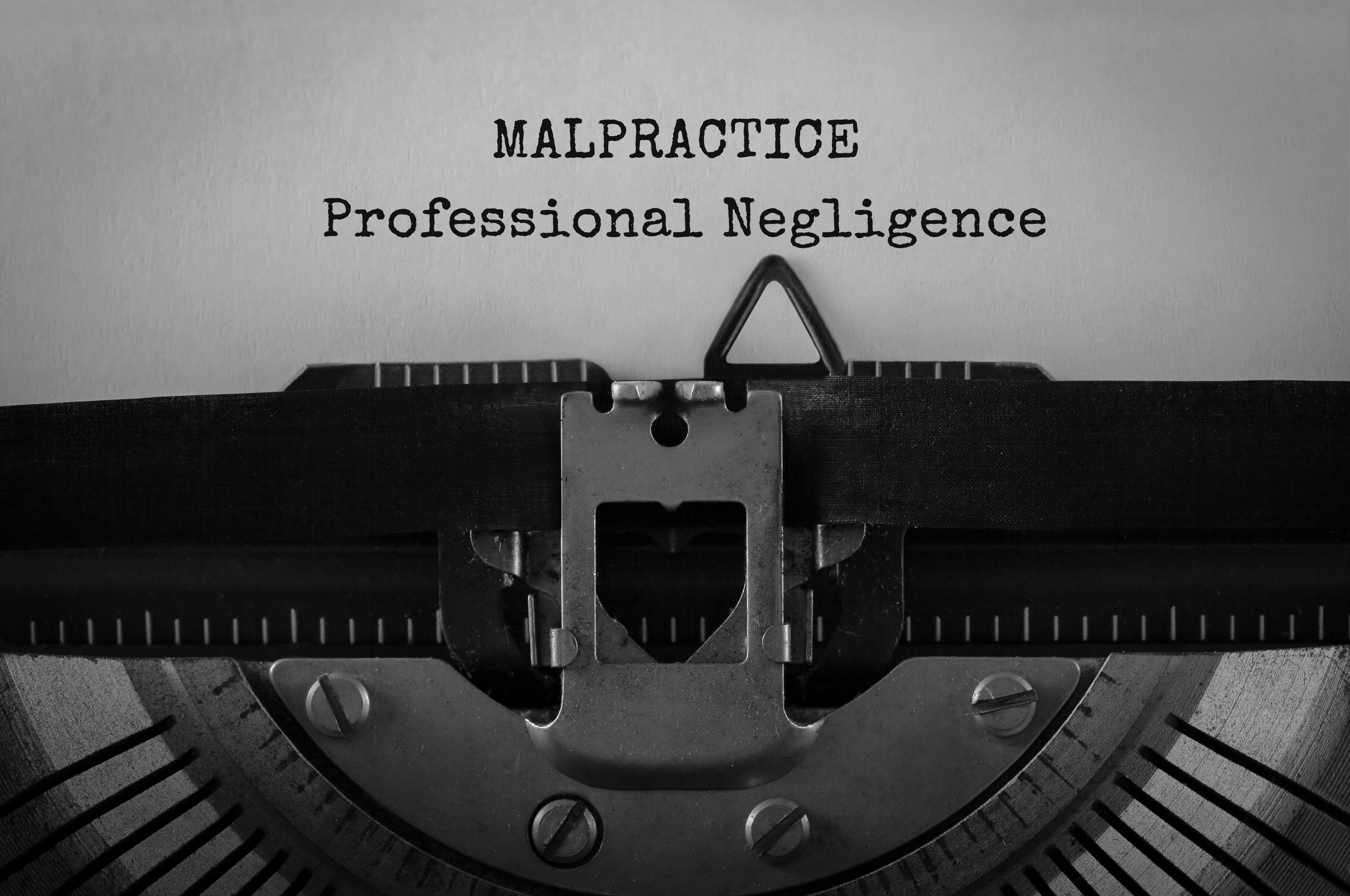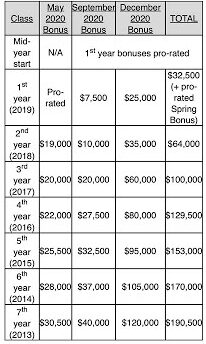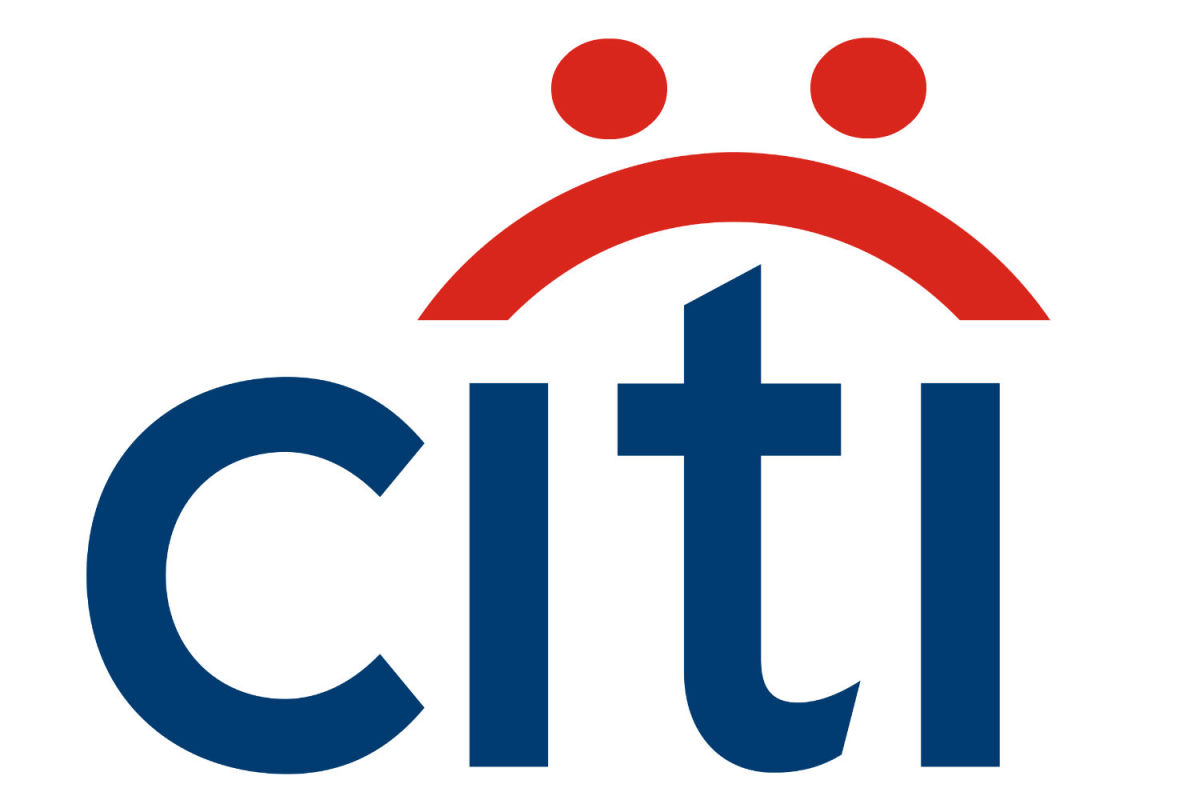Most of 2020 has felt like a bad Jerry Springer episode. Just when you think it can’t get worse, it does. Most of us have aged about a decade in the past nine months, but the vaccine is here, and hope for a better 2021 is on the horizon. Through it all, the legal industry seems to just keep on keepin’ on, muscling through at least the third once-in-a-century event of the past 20 years.
Last year, I made some New Year’s resolutions for myself, my firm, and my industry with the goal of having a stronger, healthier, more profitable future. As the days get shorter and the holidays approach, I’d like to revisit some of those resolutions through a post-COVID lens to talk about where we’ve all been since and how we’ve done.
Prepare For A Potential Downturn — Check!
I’ve long been beating the drum that the legal industry hadn’t adequately prepared itself for the next economic downturn. It took us nearly a decade following the Great Recession just to claw back our losses, a recovery that lagged far behind the broader business world. Our industry’s general aversion to adopting new technology and business practices certainly didn’t help, and much of the Biglaw middle class saw business shifting either up the ladder to the highest of the high-prestige outfits, down to low-cost boutiques, or out of the traditional industry altogether, either to in-house attorneys or alternative legal service providers. We haven’t exactly poised the industry for success, and so, when COVID-19 emerged, people were rightly concerned.
I’m happy to say, it seems to have gone overall better than expected. Many firms were able to tighten their belts or get aggressive on collecting AR to cover the shortfalls suffered in Q2 as businesses shut down and lawyers everywhere switched to working remotely. After things settled down, we saw incredible scrappiness and hustle from attorneys everywhere. Instead of fearing change, many people embraced it — or at least didn’t let their fear of it stop them. By and large, the industry managed to keep the lights on, with most firms putting out performances in Q3 and Q4 that outpaced what anybody could have expected back in March. Part of that was luck: white-collar workers like ourselves were able to adapt to COVID-19 in ways other segments of the workforce logistically couldn’t. But much of it was an industry of hard-working professionals rising to a historic moment. I’m proud of what we did, and hope firms keep this newfound discipline and ingenuity in place going forward.
Stop Wasting People’s Time — Check!
Back when we could amble into a conference room, grab a cup of coffee, gossip for a few minutes, and then get down to business, meeting management was a constant problem. Meetings tended to get set without sufficient thought and would often swerve off the rails into unrelated topics or over the allotted time. They were far more pleasant to be involved with, but they were often more of a drag on efficiency than they needed to be.
For as little as many of us enjoy the concept of yet another Zoom meeting, I have to say that forcing people to sit down, log in, and show their face onscreen has been surprisingly good for keeping meetings focused and high-quality. I wouldn’t recommend dropping in-person meetings altogether when we can safely hold them, but the past few months have forced many of us to reconsider the purpose of a meeting, and to think more carefully about how to best craft individual meetings to meet the goals of those in attendance.
Pandemic life has been hard, especially on those with families to care for and juggle during the workday. This time spent going through that experience together has made the lawyers I know come to value their own time more highly, and each other’s. While that upside may pale in comparison to the overall tragedy of COVID-19, it’s at least something good that most of us will take away from this awful time.
Resolutions Where Your Mileage May Vary
My list encouraged attorneys to build up their nonlegal networks and knowledge bases, and to spend more time listening and less time talking, and to engage in self-care. These were personal challenges, not really susceptible to industry-wide interpretation. COVID-19 gave some of us unprecedented opportunities to succeed, while for others it took the chance away entirely.
Networking, either within or outside of the legal industry, has been massively hampered by COVID-19. Having lunch or splitting drinks with strangers and business acquaintances is basically the opposite of everything medical professionals have been asking us to do for the past nine months.
Building nonlegal knowledge bases has been a more achievable goal. Many of us have used the past few months to develop our skill sets. Some have learned to code, play an instrument, or paint. Sourdough breadmaking memes were a big thing on Instagram for most of April. Whether out of boredom, the desire to better ourselves, or just something forcing us to stay put for a while, many of us have made good use of their quarantine. These kinds of things both make us more well-rounded humans, and in surprising ways can circle back and help us out professionally.
Listening to one another has both been easier and harder in the world of remote workplaces. I’ve seen some teams that do a great job checking in with one another regularly, and that have become far more deliberate about seeking out feedback and making everyone feel heard. Other teams I’ve seen drift off into their own silos, with communication falling down to a minimum. It takes more effort to talk these days, which means we have fewer chances to hear what our teammates are really saying. Listening is a challenge, one that many of us need to continue to work on to improve, even after the lockdowns have lifted. We need to vow to maintain the relationships we’ve built during this time and repair the ones that have fallen off.
Finally, self-care has been more important than ever. For most of us, the past few months have been a grueling mental and emotional marathon. Finding ways to relieve that tension in healthy avenues has been a literal necessity. Law is hard, and lawyers can be hard on one another.
Back to where we started: Jerry Springer. In addition to holding a J.D. from Northwestern, he’s a man who’s seen more than his fair share of craziness. So perhaps as we move forward into 2021 we should take the advice he offered at the close of every episode: “Take care of yourself … and each other.”
 James Goodnow is the CEO and managing partner of NLJ 250 firm Fennemore Craig. At age 36, he became the youngest known chief executive of a large law firm in the U.S. He holds his JD from Harvard Law School and dual business management certificates from MIT. He’s currently attending the Cambridge University Judge Business School (U.K.), where he’s working toward a master’s degree in entrepreneurship. James is the co-author of Motivating Millennials, which hit number one on Amazon in the business management new release category. As a practitioner, he and his colleagues created and run a tech-based plaintiffs’ practice and business model. You can connect with James on Twitter (@JamesGoodnow) or by emailing him at James@JamesGoodnow.com.
James Goodnow is the CEO and managing partner of NLJ 250 firm Fennemore Craig. At age 36, he became the youngest known chief executive of a large law firm in the U.S. He holds his JD from Harvard Law School and dual business management certificates from MIT. He’s currently attending the Cambridge University Judge Business School (U.K.), where he’s working toward a master’s degree in entrepreneurship. James is the co-author of Motivating Millennials, which hit number one on Amazon in the business management new release category. As a practitioner, he and his colleagues created and run a tech-based plaintiffs’ practice and business model. You can connect with James on Twitter (@JamesGoodnow) or by emailing him at James@JamesGoodnow.com.











 Kathryn Rubino is a Senior Editor at Above the Law, and host of
Kathryn Rubino is a Senior Editor at Above the Law, and host of 
 James Goodnow
James Goodnow 




 Olga V. Mack is the CEO of
Olga V. Mack is the CEO of 
